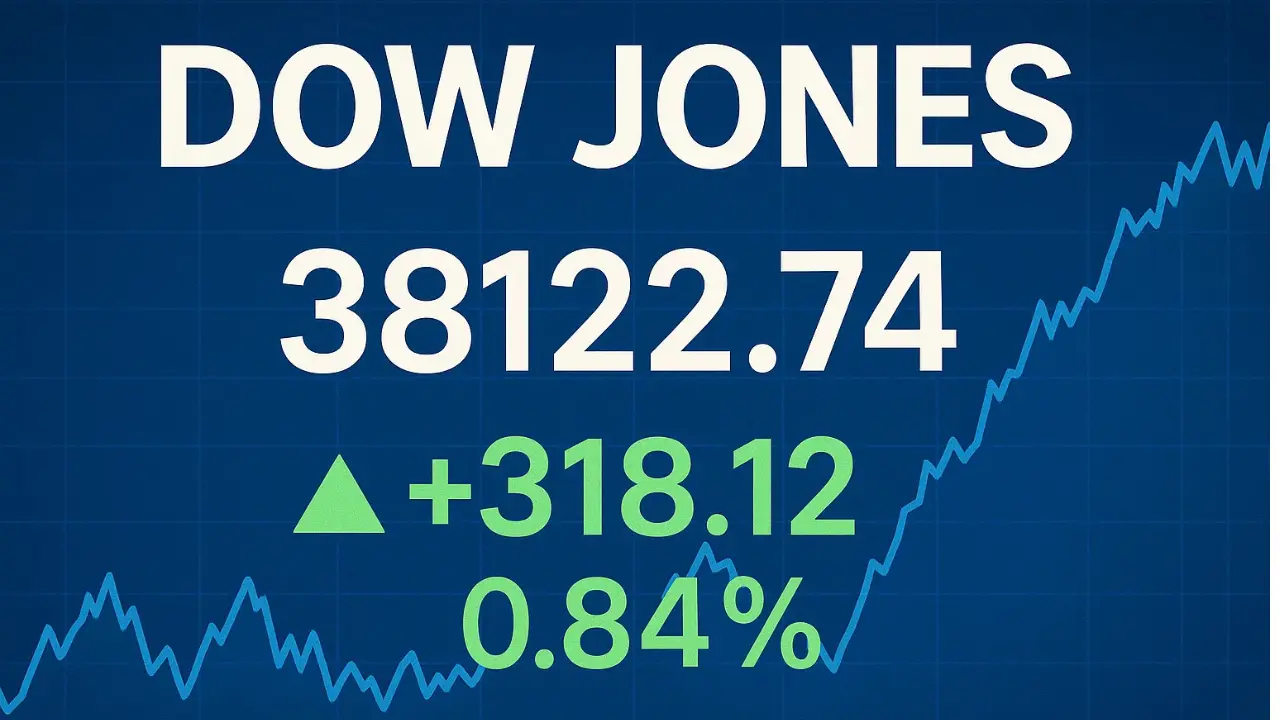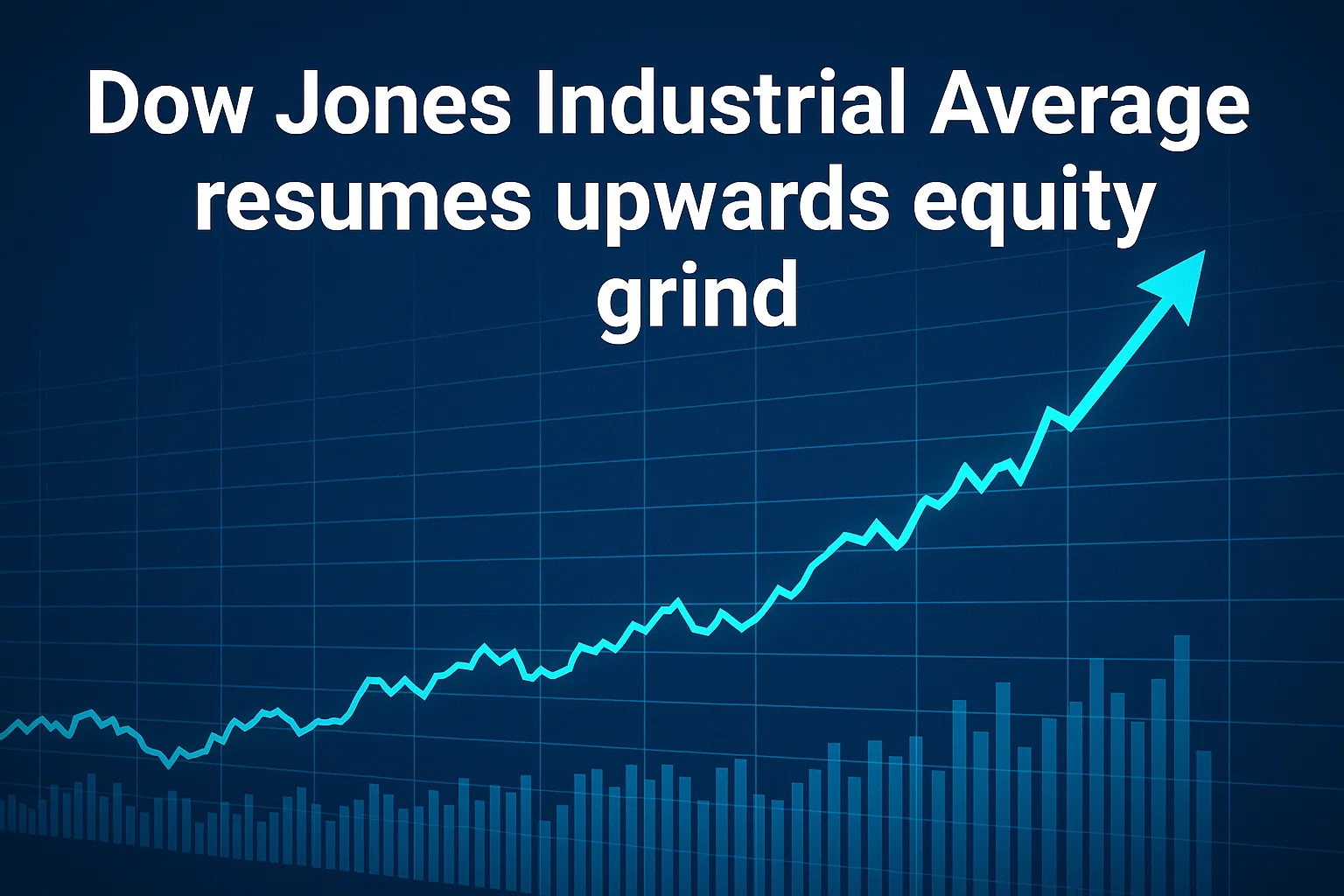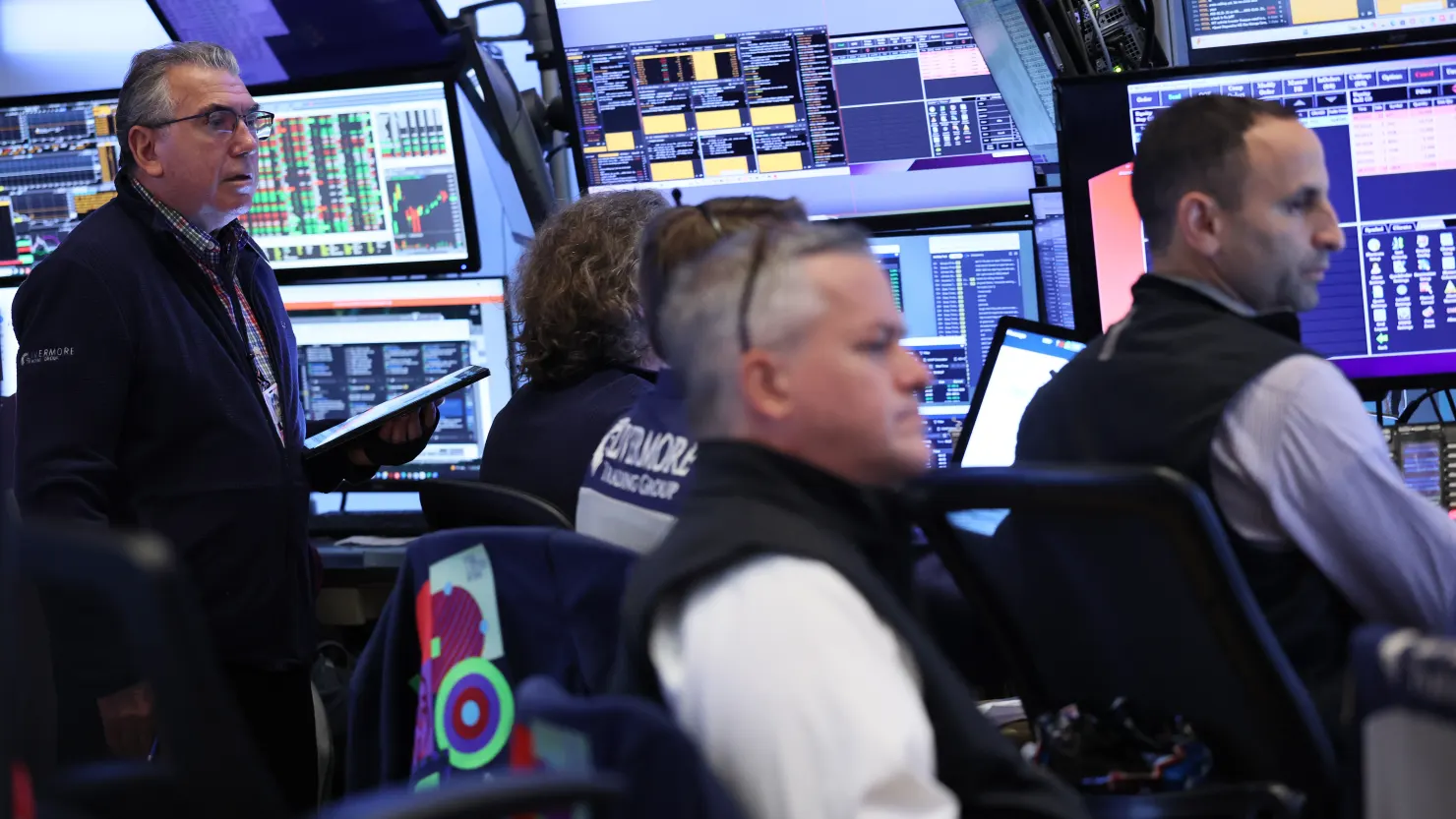US stocks slipped on Friday after fresh inflation numbers reminded Wall Street that price pressures are still lingering above the Federal Reserve’s comfort zone. The move came at the end of an eventful week filled with Nvidia’s earnings, political drama around the Fed, and a steady stream of economic data.
Indexes Retreat From Record Highs
The Dow Jones Industrial Average fell about 0.2%, the S&P 500 dropped 0.6%, and the Nasdaq Composite tumbled more than 1.1%. Tech names led the retreat, with Nvidia falling over 3% after releasing its much-watched quarterly results.
Just a day earlier, both the S&P 500 and Dow had touched record highs. Still, Friday’s decline wasn’t enough to erase the broader August gains. The S&P 500 rose 1.4% for the month and the Dow gained 2%, each notching their fourth consecutive month of gains. The Nasdaq also closed August with a 1.6% rise, its fifth straight positive month.
Inflation Data in Focus
The pullback came after the government released its Personal Consumption Expenditures (PCE) index for July. The “core” measure—excluding food and energy—rose 0.3% month-over-month and 2.9% year-over-year. Both readings matched expectations, but the yearly pace was the sharpest since February.
That matters because the Fed targets 2% inflation, so at nearly 3%, prices are still running too hot. The numbers didn’t shock markets since they came in as expected, but they confirmed the Fed’s challenge: how to cut interest rates without letting inflation accelerate again.
Consumer Sentiment Weakens
Adding to the cautious tone, a survey from the University of Michigan showed consumer sentiment falling to a three-month low. People surveyed also said they expect inflation to pick up over the next year.
Weak confidence can weigh on spending, and since consumer demand drives the majority of the US economy, investors keep an eye on these figures.
Fed Policy Bets Stay in Place
Despite the firmer inflation reading, traders are still betting heavily that the Federal Reserve will cut rates by a quarter point in September. According to futures markets, the probability was around 87% on Friday.
In other words, investors think inflation is manageable enough for the Fed to ease policy soon. But if inflation surprises higher in the coming months, those bets could shift quickly.
Nvidia and Big Tech Weigh on Nasdaq
Tech stocks bore the brunt of Friday’s selling. Nvidia, after weeks of hype, slid more than 3% even though its earnings were largely in line with lofty expectations. The stock has grown so influential that it now accounts for nearly 8% of the S&P 500 on its own.
Big Tech overall had a tough day. The Nasdaq fell the most of the major indexes, reflecting how sensitive the sector is to interest rates and earnings sentiment.
Political Drama Around the Fed
Away from the data, markets also followed a political storyline. President Donald Trump has been pushing to remove Federal Reserve Governor Lisa Cook, escalating tensions over the Fed’s independence. On Friday, a judge was expected to rule on Cook’s request for a temporary restraining order.
So far, markets have largely brushed off this political noise. But continued challenges to the Fed’s autonomy could eventually weigh on investor confidence.
August Ends With Winning Streaks
Despite Friday’s dip, August turned out strong:
- Dow Jones gained 2% – fourth straight monthly rise.
- S&P 500 added 1.4% – also fourth in a row.
- Nasdaq rose 1.6% – fifth straight gain, its longest streak in 18 months.
- Russell 2000, tracking smaller companies, surged 6%, its best run in over four years.
That kind of consistency shows how resilient markets have been, even with inflation pressures and political noise in the background.
What’s Next
Looking ahead, the focus remains on the Fed. With inflation not yet back to target, the central bank faces a tricky balancing act. Investors will watch September’s meeting closely to see if the Fed follows through with a rate cut.
At the same time, corporate earnings from Big Tech and other sectors will keep shaping sentiment. Nvidia may have pulled back, but AI enthusiasm is still a major theme for 2025 markets.
And with Labor Day on Monday, markets will be closed for the holiday, giving traders a short break before what could be another volatile stretch.
Final Thoughts
Friday’s pullback wasn’t dramatic, but it served as a reminder: inflation hasn’t gone away, and expectations matter just as much as actual numbers. Even so, August closed strong for Wall Street, with major indexes extending their winning streaks.
As September begins, the big questions remain—will inflation cooperate with the Fed’s plans, and can Big Tech keep carrying the market higher?


